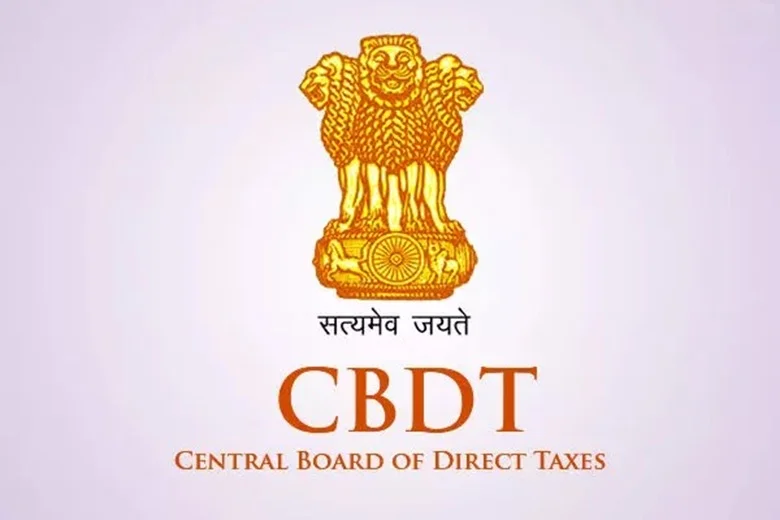The Income Tax Department has used artificial intelligence (AI) tools to identify non-compliance, leading to over ₹11,000 crore in additional tax revenues from updated returns over the last four years, according to CBDT (Central Board of Direct Taxes) Chairman Ravi Agarwal. The tools have not only pushed over 1 crore taxpayers to file or revise returns but also uncovered ₹29,000 crore in undisclosed foreign assets and ₹1,000 crore in foreign income from virtual digital assets (VDAs) in FY2024-25.
At the core of this system is a hybrid AI model that evaluates multiple parameters—historical tax patterns, transaction anomalies, and high-value activities. This model is integrated across platforms, including the Centralised Processing Centre (CPC) in Bengaluru.
The Annual Information Statement (AIS)—generated for 40 crore unique taxpayers—serves as the database. With only 9 crore actual filers, the AI focuses on identifying 31 crore potential non-filers, assessing not just filing behavior but also return accuracy and habitual defaulters.
The ‘NUDGE’ Approach: Data-Driven and Non-Intrusive
The I-T Department’s breakthrough method, named NUDGE (Non-Intrusive Usage of Data to Guide and Enable), sends intelligent prompts via SMS and email to suspected under-reporters. These prompts invite individuals to voluntarily update or defend their returns—an approach designed to maintain dignity while ensuring accountability.
Thanks to this strategy, the government allowed taxpayers to update returns for up to 4 years, doubling the previous 2-year limit. The idea: if the tax department highlights discrepancies, citizens should have a statutory window to correct them.
This method led to a massive behavioral shift, resulting in 1 crore updated returns and ₹11,000 crore in additional revenue between 2021-22 and 2024-25.
Political Donations and Cryptocurrency in the Tax Net
In a special NUDGE campaign between January and March 2025, the department focused on deductions claimed under Section 80GGC—pertaining to political donations. It cross-verified claims with donation disclosures made by political parties to the Election Commission, thereby avoiding unnecessary harassment of genuine donors.
Out of 6.25 lakh taxpayers nudged, 35,260 revised their returns, resulting in ₹404.2 crore in additional tax collection.
The department also revealed that cryptocurrency-linked income and foreign income worth over ₹1,000 crore had been voluntarily disclosed in 2024-25, showcasing the efficacy of AI-backed surveillance in detecting emerging digital asset trends.
A Model for Global Tax Governance
With its robust combination of AI-powered analytics and soft enforcement via nudges, India’s tax machinery is fast becoming a global benchmark in proactive and intelligent revenue collection. As Ravi Agarwal noted, the use of AI isn’t just about detecting fraud—it’s about enabling compliance, restoring trust, and strengthening digital governance in the world’s largest democracy.



